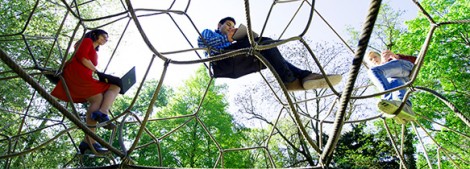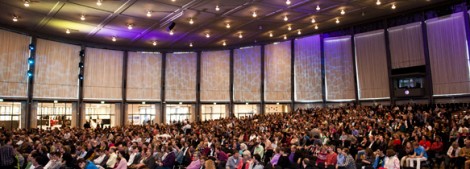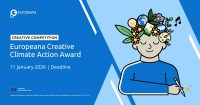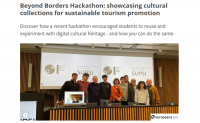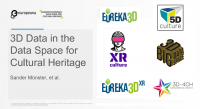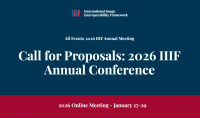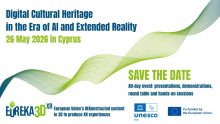How cultural institutions can renew themselves, finding new active forms of interaction with their audiences? How can heritage professionals create the conditions for the visitors to leave the role of observers and instead be active contributors to the development of heritage? How can the consumers become producers of cultural heritage? How can cultural heritage be co-created?
RICHES is trying to answer these questions through a series of co-creation sessions: experimental activities aimed at demonstrating how the public can be creator – and so co-creator, together with the heritage professionals – as well as user of cultural contents. The outcomes of these initiatives will be presented during 5 December’s afternoon programme of the First RICHES International Conference, being held in Pisa, at the Museum of Graphics of Palazzo Lanfranchi (4-5 December 2014).
From the 27th of September to the 15th of November 2014, three co-creation sessions are being held in the Netherlands, jointly organised by the RICHES partners Waag Society (Amsterdam) and Stichting Rijksmuseum voor Volkenkunde (RMV, in Leiden)
On September 27, the first session took place in De Waag, Amsterdam. Waag Society hosted 15 youngsters and three employees from the Museum of World Cultures.
One question will remain central during Waag and RMV’s co-creation workshops: how can museums (in the context of a changing European society) remain relevant to today’s youth? Goal of these sessions is to design two or more “interventions” for how this group of people deals with cultural heritage. That means: what do they think is important within a museum collection? Which stories would they like to see in these collections? And what is the most suitable interactive form for relating these particular stories?
Organisers and participants will explore the different possibilities together.
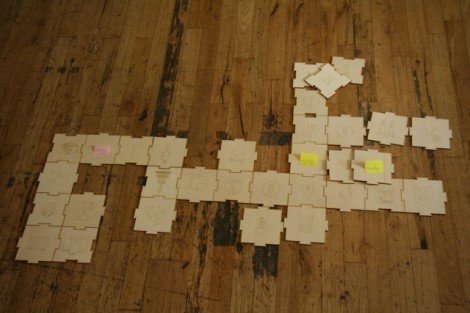
Youngsters mapping ideas and visions during the first co-creation session by Waag Society.
One of the foreseen co-creation sessions, on the basis of the work carried on in 2014 by Waag Society in collaboration with the Dutch Association of Botanical Gardens, will focus on the external environment.
During this year, Waag Society and the Dutch Association of Botanical Gardens have already conducted several co-creation sessions, with both existing and potential new visitors, as part of a strategic renewal programme in which they jointly explore and design a new innovative public programme. The learnings of these co-creation sessions will be, by the way, part of the upcoming RICHES publication on “good practices and methods for co-creation”.
The 20plus gardens constitute important Dutch heritage sites, with a living collection. The central concept of the Botanical Garden (stemming from the encyclopaedic tradition of the Renaissance) that all knowledge is collectible, as well as the form of a beautiful and lush garden – often in the inner city – and the collections themselves (both “natural” and cultured species) are a representation of historic and contemporary society. The gardens are very diverse, some are academic, some are connected to large park areas, some are connected to zoos, etc. Their collections and stories are relevant in a large number of current topics (such as our relationship with our food, reconnecting to nature, circular economy, etc.), but they have a hard time to renew their audience and connect to younger and/or multicultural groups. The potential of the gardens is very well explained by this video of the BGCI (Botanical Garden Conservation International).
The co-creation sessions brought together staff from the botanic gardens, designers and developers of technological applications and members of the public (the gardens’ current audiences and targeted new audiences). The aim of these sessions was to find new ways to connect the knowledge about plants and biodiversity to the needs of diverse audiences. The session involved running six weekly design sessions focused on different topics. Participants of these sessions explored which stories from the botanic gardens are important and relevant to the public, identify who our current visitors and new target audiences are and design new storytelling methods that can be used to reach these new audiences.
In addition the participants explore what technology might be interesting and what infrastructure (in terms of collaboration and technology, national and international) is future proof. The added value of media/ICT in the context of the gardens is to open up their processes: to linked open data initiatives, opening up their collections to others, but also incorporating crowdsourced materials (“citizen science”); to creative re-use of materials (connecting to DIY and maker movements); to new locations and channels outside their own physical and geographical location.
The participants prepared for the sessions with a set activities from a “sensitizing toolkit” that makes them look at their own garden with different eyes (image 2): “where’s the hidden treasure in my garden”, “what does my public enjoy least?”, “what type of behavior does my audience have”?
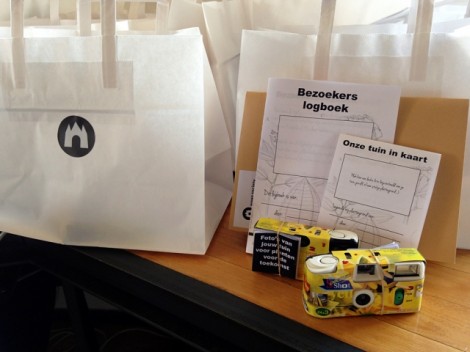
Image 2
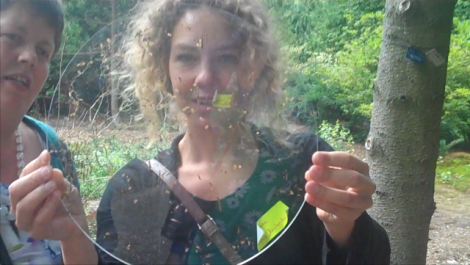
Image 3
The first session started with each garden sharing those findings and was followed by an activity in the garden with a set of “ambiguous prototypes”, designed to let them imagine what these objects could do in their garden, just a free format explorative activity, which gets the participants in a specific mindset and also lets them get to know each other better (image 3).
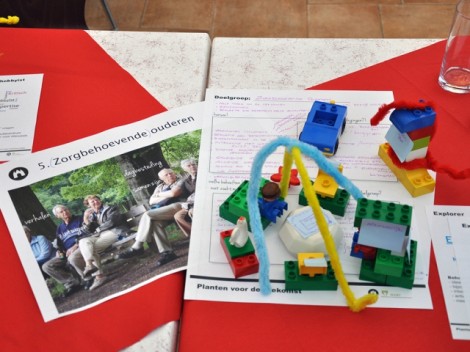
Image 4
Towards the end of the six week activities they designed a number of specific interaction scenarios and prototypes, including a Physical Storytelling tool for grandparents and grandchildren, a Talking Tree and an Urban Gardeners programme, that will be developed further (image 4).
 RICHES on Twitter: #richesEU
RICHES on Twitter: #richesEU
RICHES on YouTube: www.youtube.com/richesEU



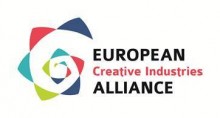
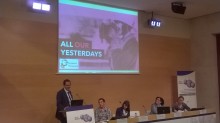
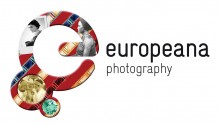






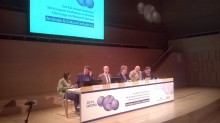
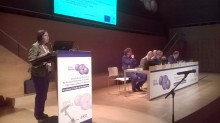
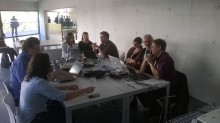
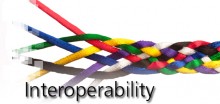
 Bert Lemmens from PACKED represented PREFORMA at the
Bert Lemmens from PACKED represented PREFORMA at the 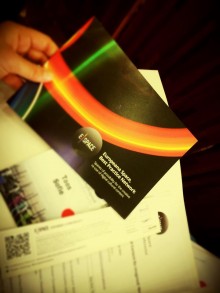
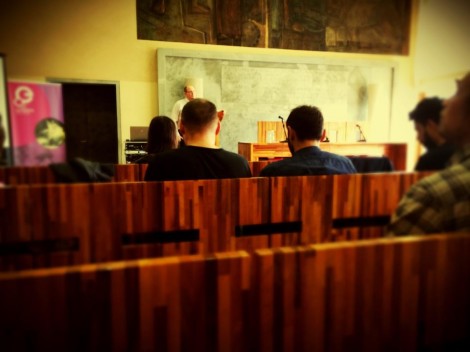
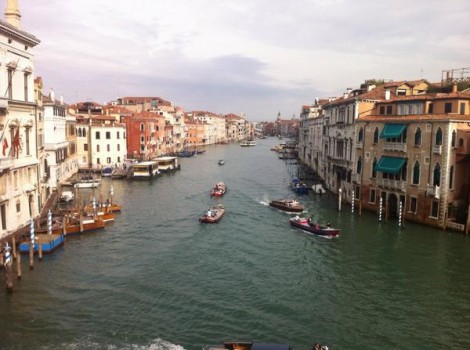




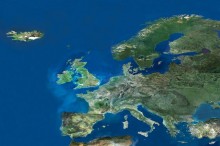
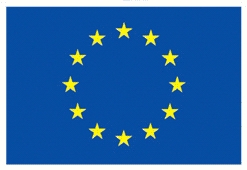 The European Commission, Directorate General for Research and Innovation, unit B6 Reflective Societies, in cooperation with the FLASH-IT project kindly organises the workshop “Bridge over troubled waters? The link between European historical heritage and the future of European integration” being held in Rome, on the 17th of October 2014.
The European Commission, Directorate General for Research and Innovation, unit B6 Reflective Societies, in cooperation with the FLASH-IT project kindly organises the workshop “Bridge over troubled waters? The link between European historical heritage and the future of European integration” being held in Rome, on the 17th of October 2014. The results of the workshop will contribute to define future research topics on European history, heritage and identities that will respond to the needs of contemporary European societies and that will reinvigorate the link between interpretations of the past and the willingness to share common European objectives.
The results of the workshop will contribute to define future research topics on European history, heritage and identities that will respond to the needs of contemporary European societies and that will reinvigorate the link between interpretations of the past and the willingness to share common European objectives. RICHES on Twitter: #richesEU
RICHES on Twitter: #richesEU
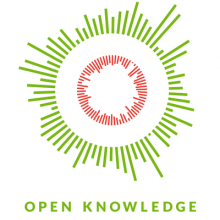
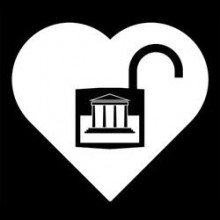
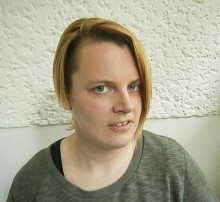 Lieke Ploeger is community manager of the OpenGLAM initiative and project co-ordinator of the
Lieke Ploeger is community manager of the OpenGLAM initiative and project co-ordinator of the 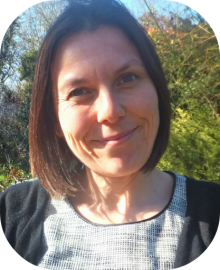 Marieke Guy is a project co-ordinator at Open Knowledge. She is just completing work on the
Marieke Guy is a project co-ordinator at Open Knowledge. She is just completing work on the 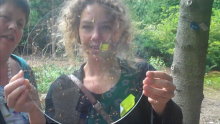




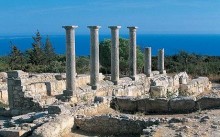
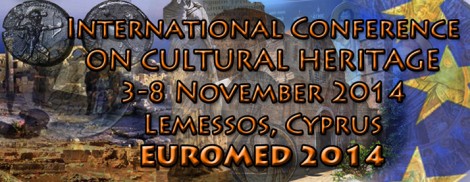 EuroMed brings together researchers, policy makers, professionals and practitioners to explore some of the more pressing issues concerning cultural heritage today. In particular, this year the conference focused on interdisciplinary and multi-disciplinary research on tangible and intangible CH, on the use of cutting-edge technologies for protection, restoration, preservation, massive digitisation, documentation and presentation of the CH content.
EuroMed brings together researchers, policy makers, professionals and practitioners to explore some of the more pressing issues concerning cultural heritage today. In particular, this year the conference focused on interdisciplinary and multi-disciplinary research on tangible and intangible CH, on the use of cutting-edge technologies for protection, restoration, preservation, massive digitisation, documentation and presentation of the CH content.
